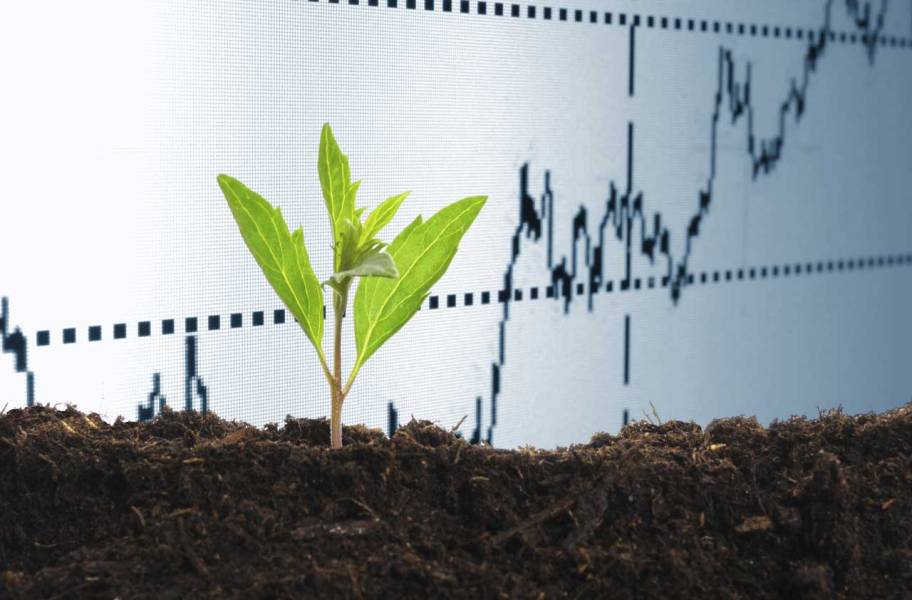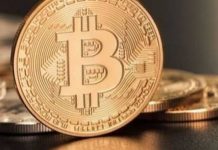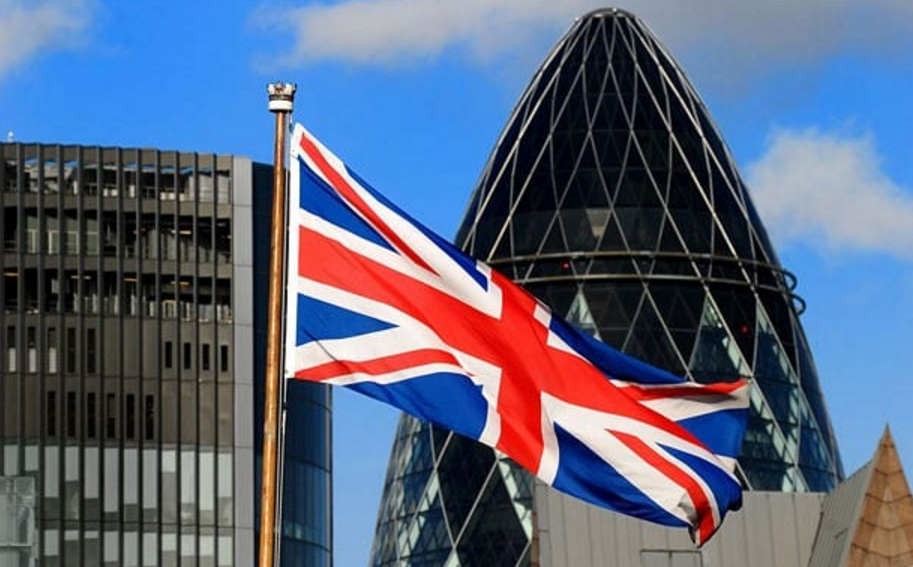- The economic outlook for 2024 is mixed and markets are likely to be volatile.
- Investors should consider diversifying their investments and adding defensive selections.
- Our Responsible Funds to watch offer exposure to a mix of asset classes and geographies.
- Funds positioned to whether sustainability issues, and even benefit from them, are likely to do well over the long term.

As we look ahead to 2024, the economic outlook is mixed. Central bankers are warning that interest rates are likely to remain higher for longer. This could make it difficult for countries and companies that loaded up on debt in an era of zero rates to meet borrowing costs. On the other hand, some markets appear to be at their most attractive entry points in decades. Now could be a good time to invest for people willing to weather some short-term storms in the pursuit of long-term gains.
2023 looks likely to be the hottest year on record and it’s just the latest in a series of years that have shattered temperature records. But climate change is just one of the serious environmental and social challenges that we’re going to face in the years ahead, and we think funds positioned to weather these issues, and even benefit from them, are likely to do well. With that in mind, HL’s Fund Research team has chosen responsible funds to watch in 2024 and beyond.
Here are three of the selections:
Fidelity Sustainable Moneybuilder Income
High interest rates mean corporate bond markets look attractive as we enter 2024. There is potential that you are either rewarded with income – from higher-for-longer yields – or growth, as yields fall. The Fidelity Sustainable Moneybuilder Income fund aims to provide a relatively steady income and a small amount of growth, without taking excessive risks, by investing in bonds.
Managers Kristian Atkinson and Shamil are supported by a highly-regarded team of analysts. They’ve repeatedly demonstrated skill at analysing bond-issuing companies to determine which are the most attractively priced bonds. At least 70% of the fund invests in bonds issued by companies with sustainable characteristics, as defined by both Fidelity’s proprietary Sustainability Ratings and external ESG scores. The remainder invests in issuers demonstrating improving sustainable characteristics, and the managers engage with these companies to agree improvement milestones and timescales.
The fund excludes companies involved in controversial areas, such as weapons, tobacco, thermal coal and gambling. The managers also avoid companies violating the UN Global Compact (a UN pact on human rights, labour, the environment and anti-corruption).
BNY Mellon Sustainable Real Return
If you want to approach 2024 in a conservative way, the BNY Mellon Sustainable Real Return fund could be worth considering. The team behind this fund aims to make money in a variety of market conditions. They do this using a mix of assets that broadly fall into two camps. The first is called the ‘return-seeking core’. It invests in assets the team think will provide long-term growth, such as shares and bonds issued by well-run, financially secure companies with a unique set of advantages over the competition.
The rest of the portfolio is called the ‘stabilising layer’ and is invested in government bonds, commodities and cash, with the aim to add stability to returns. The managers can alter the amount invested in each section of the portfolio depending on their view of the world. The fund’s sustainable ‘red lines’ mean companies that violate the UN Global Compact Principles and those incompatible with the aim of limiting global warming to 2°C are not considered for the fund. It also won’t invest in any company that makes more than 10% of its revenues from tobacco and a variety of other sectors some investors may consider unethical.
Legal & General Future World ESG Developed Index
A global ESG tracker fund could be a great core holding for most responsible portfolios. This fund aims to track the performance of the Solactive L&G ESG Developed Markets Index. It’s made up of around 1,400 companies based across the globe, focused towards sectors such as technology, pharmaceuticals and financials.
The index increases investments in companies that score well on a variety of ESG criteria – from the level of carbon emissions generated, to the number of women on the board and the quality of disclosure on executive pay. It also reduces exposure to companies that score poorly on these measures. It avoids investing in companies involved in controversial weapons, and those with significant involvement in tobacco, civilian firearms, thermal coal and oil sands. It also avoids persistent violators of the UN Global Compact Principles. The fund also aims to achieve at least a 7% reduction in carbon emissions per year until 2050.
The article is contributed by Dominic Rowles, lead ESG analyst, Hargreaves Lansdown.
HedgeThink.com is the fund industry’s leading news, research and analysis source for individual and institutional accredited investors and professionals





































